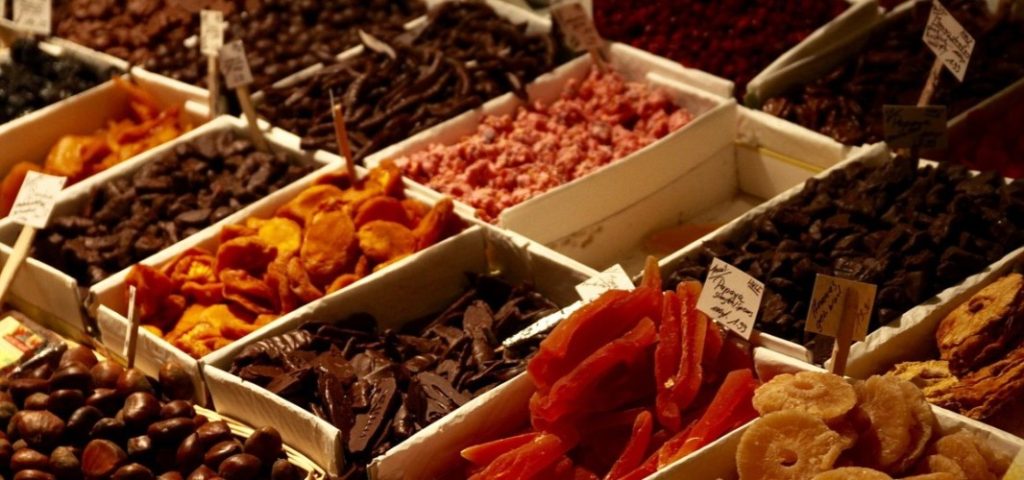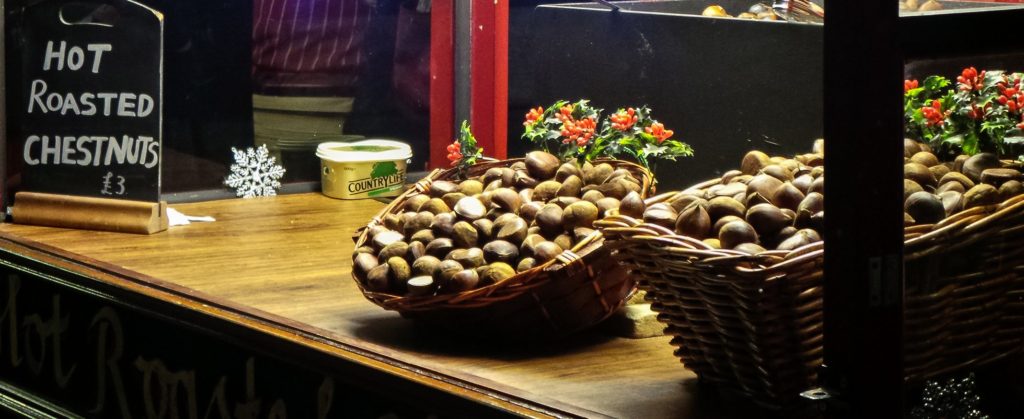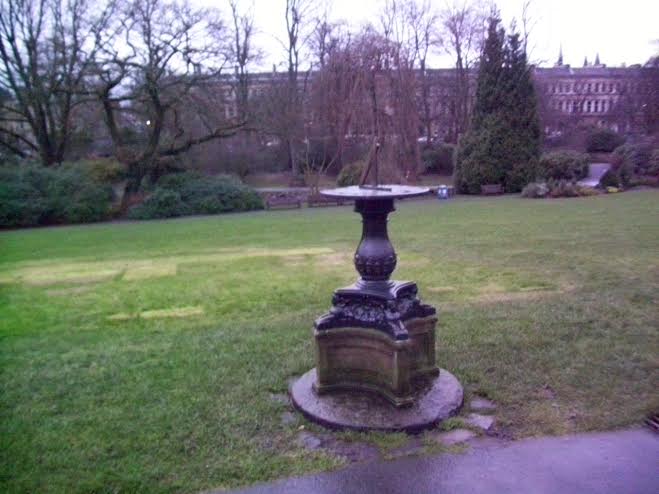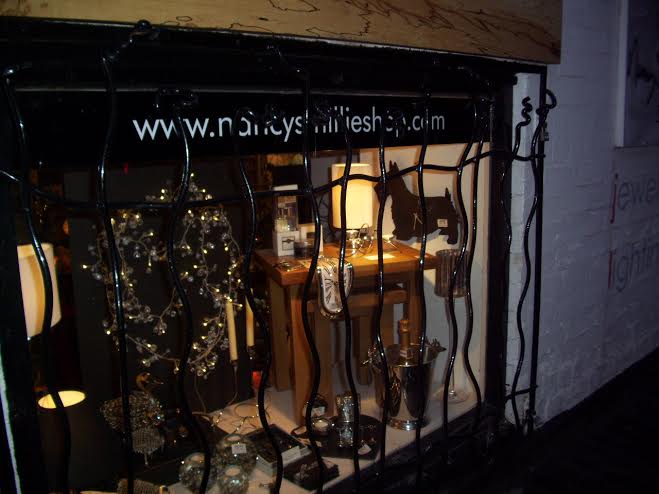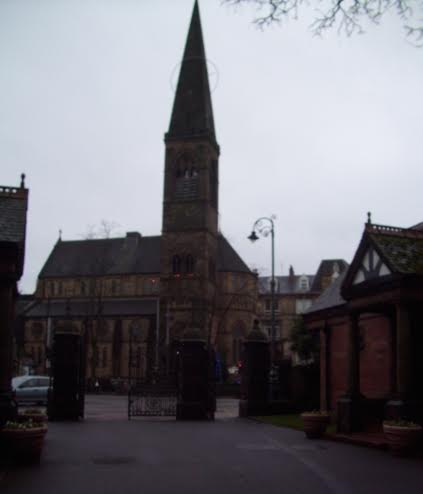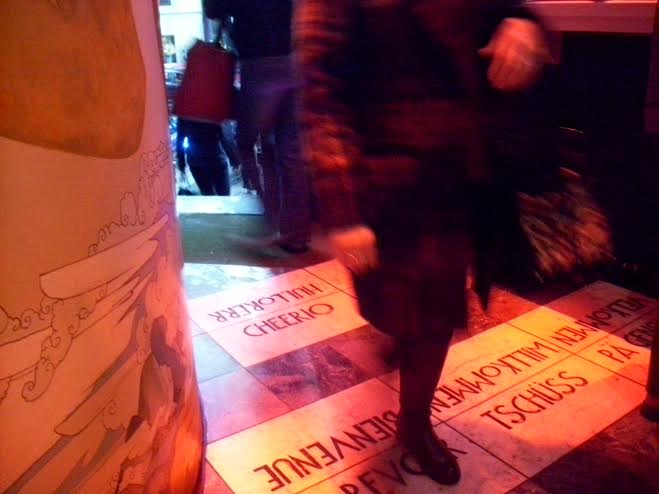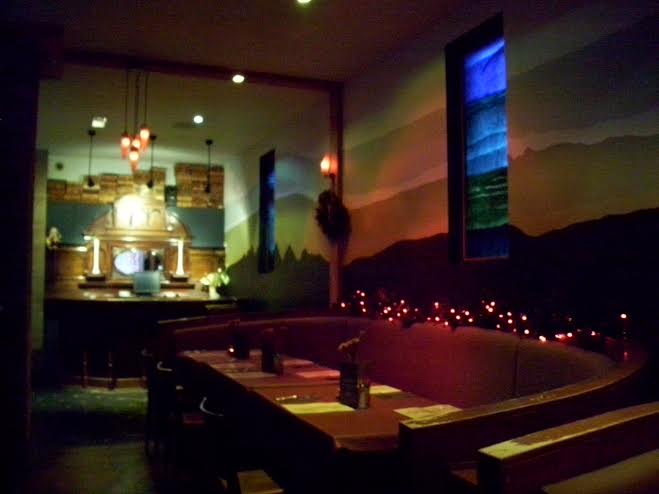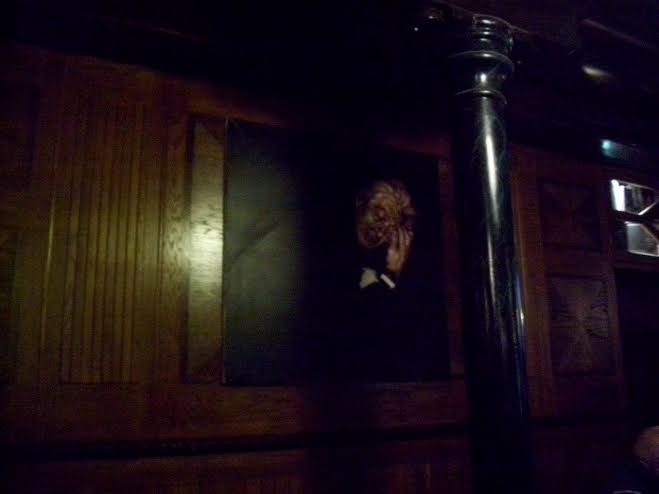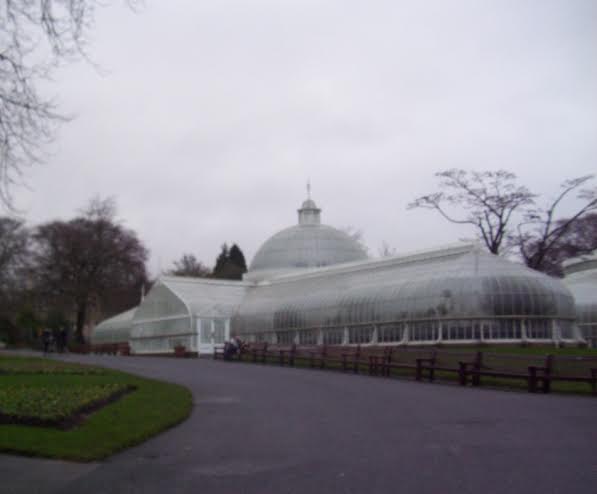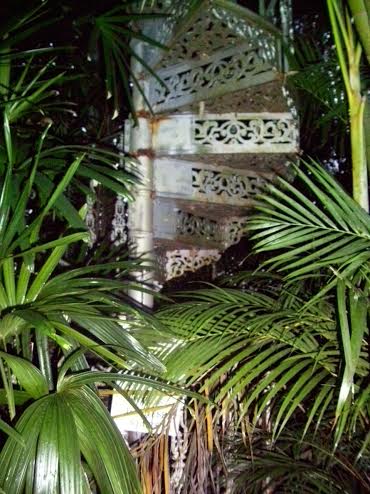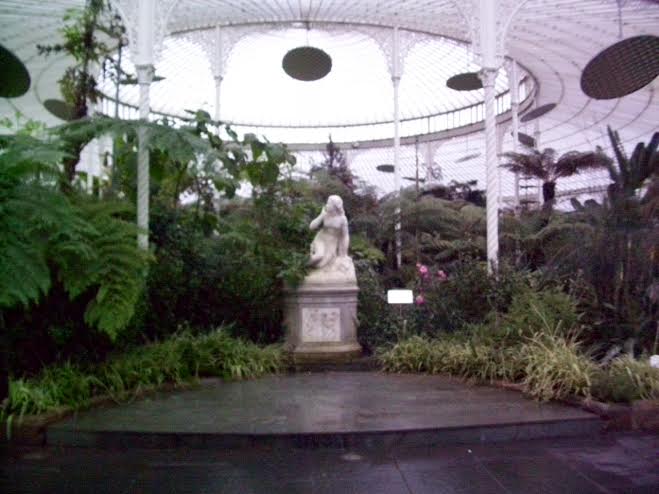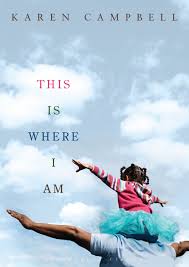I lived in France for ten years where the Christmas hype started much later and was much more low key. So for me, the Christmas markets signify the beginning of the festive period. Being cocooned by the closeness of the beautifully decorated stalls, almost suffocated by the homely aroma of vin chaud and heartened by the promise of melted cheese on bread, was an event worth attending even if I didn’t have a shopping agenda.
A tradition which originated in Germany in the late middle ages to mark the four weeks of Advent, the popularity of the Christmas market soon filtered through Europe to Switzerland, France, Italy and Spain. Surprisingly, even though local markets have occupied a place on the town squares of England for many years, the extravagant English Christmas fayres of the past didn’t return to our cities until the 1990s. Banned by the puritan leaders of Cromwell’s reign for being, an icon of a wasteful festival that threatened Christian beliefs and encouraged immoral activities, Christmas markets in all their glory took a long time to re-emerge. Festive products and foodstuffs eventually found their way back onto the English market stalls in the Victorian era. And thankfully now the dedicated Christmas markets of the past are once again popping up all over the country offering an abundance of tempting treats handmade gifts and a chance to meet the maker.
More popular than ever, festive markets are now regular events in the larger cities of Scotland (Edinburgh & Glasgow), Wales (Cardiff ) and England (London, Manchester, Leeds & Birmingham). Smaller towns and country estates have also eagerly adopted the unique yuletide shopping opportunity. York, Bath and Blenheim Palace are amongst the most popular heritage sites to make use of their elegant architecture as backdrops for complex projections, spectacular light manifestations and laser displays to wow the shoppers as they browse the stalls for festive goodies.
The best Christmas markets still take place within the leading countries of Europe. Cultural styles dominate the handcrafted objects on sale, varying the design of the jewellery, ceramics, and toys from region to region. The geographical differences don’t stop there, the choirs, the minstrels and vibrancy of the dancers who entertain the crowds all vary dramatically too.
Stuttgart, Frankfurt and Nuremberg still attract the highest numbers of visitors every year and are the biggest Christmas markets. Hot Bratwurst and gallons of beer are amongst the tempting treats at the german street stalls. Further east, roasted hams and hot sugar-coated cake entices shoppers to the markets in Prague. In Bologna, it’s festive nougat made with almonds and honey that is a winner with the crowds. However diverse the flavours may be, there is always one tempting aroma that dominates – roasted chestnuts. And just writing about it is putting me in the festive mood, which reminds me, I must buy some more cinnamon!

